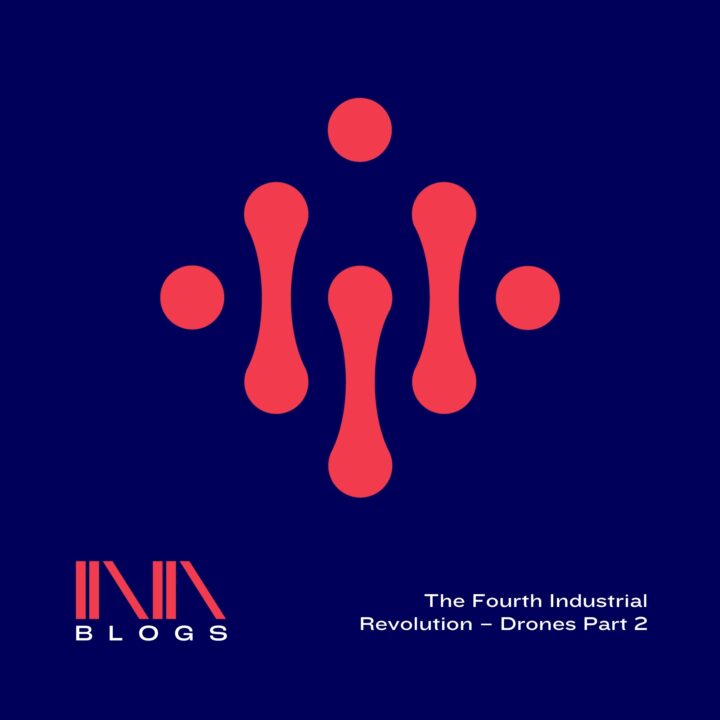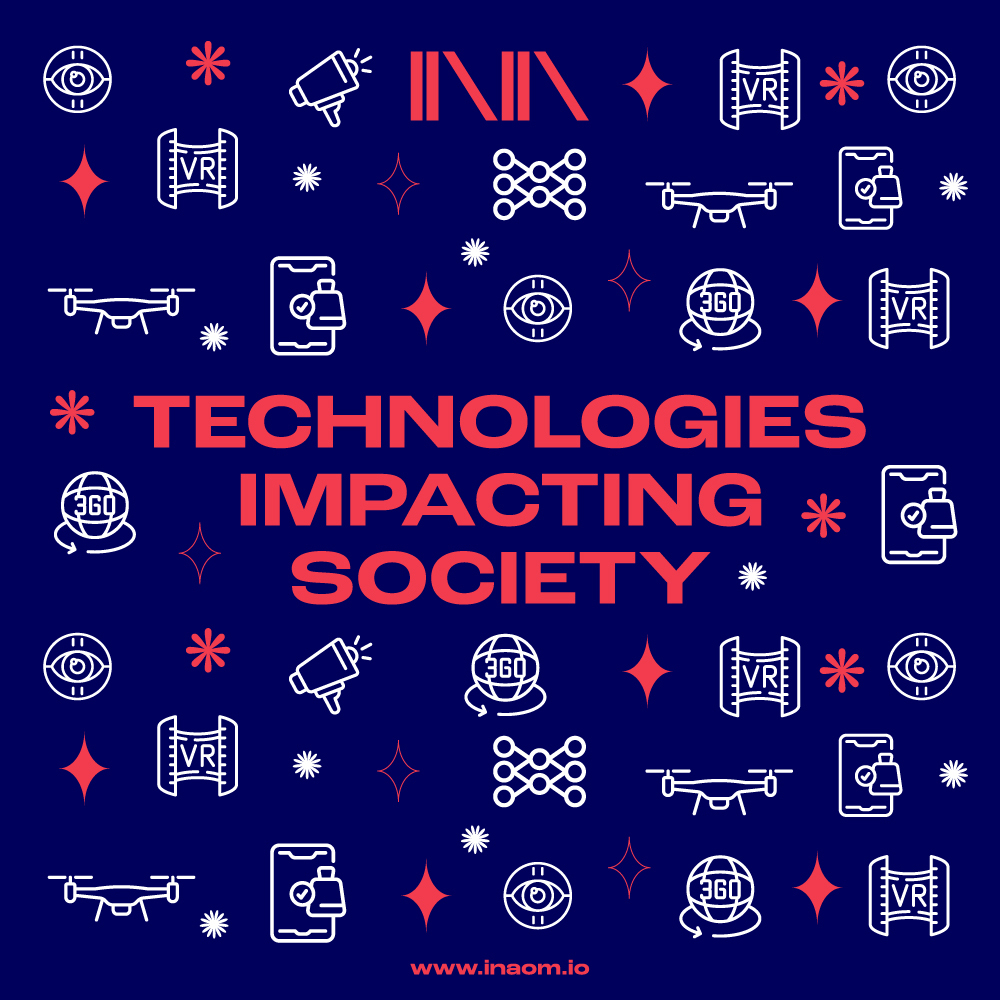
The Fourth Industrial Revolution, characterised by advanced technologies such as artificial intelligence, automation, and the internet of things, is transforming industries and generating both job creation and elimination. In the United Kingdom alone, PwC predicts that by 2038, over 7 million jobs will be lost due to these technological advancements. However, the report also suggests that new jobs, primarily in healthcare, science, and education, will be created, outnumbering the job losses by around 200,000. Such changes in business models will not only alter the employment landscape in numerous sectors, but they will also widen the gap between existing skills and those most in demand. Let’s deep dive into how the fourth industrial revolution is disrupting existing jobs.
Helping People To Develop New Skills
The pace and depth of the technological disruption require new and effective ways to help individuals develop new skills and prevent job losses. Unlike previous industrial revolutions, where training systems and labour market institutions took decades to be built, the Fourth Industrial Revolution’s pace makes it impossible to afford such a luxury. Therefore, it is vital to recognise that people are an asset. It requires investment, rather than being seen as a liability.
Taking Proactive Talent Management Strategies
Companies must take proactive talent management strategies to address the skills gap and retain their employees. The COVID-19 pandemic has already created a seismic change. But the Fourth Industrial Revolution’s disruptions are likely to make things worse. To mitigate this, companies must invest in their employees. They must deploy proactive talent management strategies, and collaborate with governments and education providers.
Re-skilling Workers
Workers in fields that are facing significant job reductions must be re-skilled and provided with viable job transitions. It is imperative to understand the country’s current skills base and the industry’s changing requirements. Therefore, anticipating and preparing for future skills requirements will be crucial for everyone.
Conclusion
The Fourth Industrial Revolution is reshaping the employment landscape, creating new jobs while disrupting existing ones. It is essential to address the skills gap and invest in people to mitigate the disruptions’ effects. Companies must take proactive talent management strategies and collaborate with governments and education providers. The employers should re- skill workers and provide them with viable job transitions to close the skills gap. Anticipating and preparing for future skills requirements will be critical for everyone.
Frequently Asked Questions (FAQs)
What is the Fourth Industrial Revolution?
The Fourth Industrial Revolution refers to the current period of technological advancement characterised by the fusion of digital, physical, and biological technologies, leading to transformative changes across industries.
How does the Fourth Industrial Revolution impact jobs?
The Fourth Industrial Revolution disrupts traditional job roles through automation and technological advancements. While some roles might decline, new roles related to technology development and innovation emerge.
What skills are in demand during the Fourth Industrial Revolution?
Skills such as critical thinking, problem-solving, complex reasoning, creativity, and emotional intelligence are in high demand. These skills complement technological advancements and enable individuals to excel in roles that require human-centric abilities.
How can individuals adapt to the changing job landscape?
Individuals can adapt by embracing continuous learning and upskilling. Online platforms like MOOCs provide accessible opportunities to acquire new skills and stay updated with industry trends.
How can the digital divide be addressed in the Fourth Industrial Revolution?
Addressing the digital divide requires collaboration between governments, educational institutions, and businesses to provide accessible learning opportunities and ensure inclusivity in skill development.
What is the role of businesses in the Fourth Industrial Revolution?
Businesses play a crucial role in driving skill development and innovation by investing in employee training and upskilling programs. They contribute to creating a future-ready workforce that can leverage emerging technologies.










